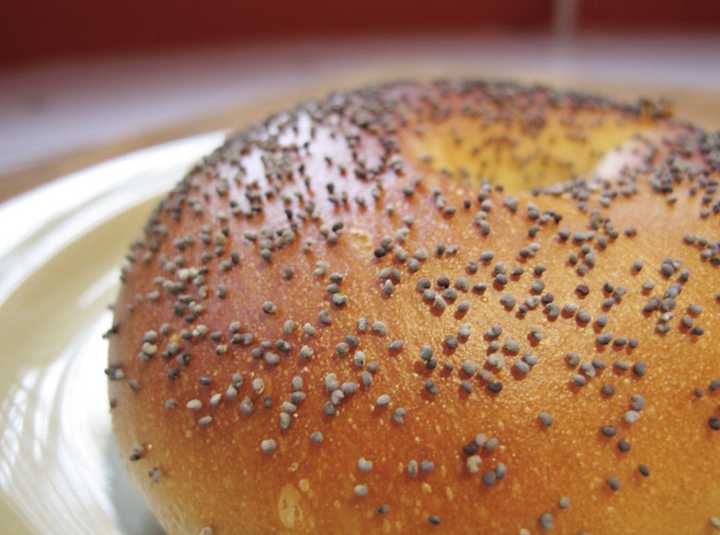The FDA has extended the public comment period for its Request for Information about poppy seed contamination after reports of adverse events, including respiratory arrest and death, were linked to the presence of opiate alkaloids — toxic substances naturally found in the poppy plant but not supposed to contaminate seeds FDA RFI Extension.
The danger is not theoretical: at least 19 deaths and 20 non-fatal overdoses have been tied to contaminated poppy seeds, according to a complaint filed by the Center for Science in the Public Interest (CSPI) and court documents.
CSPI, a public health watchdog group, explained that although poppy seeds themselves contain negligible opiates, inadequate processing can leave a lethal coating of morphine and codeine. Some sellers even advertise "unwashed" poppy seeds, marketing them for their high opiate content and triggering hundreds of poison control calls, according to CSPI.
The FDA has faced mounting criticism over its slow response. In fact, CSPI sued the FDA in May 2024, arguing the agency had delayed action on a petition for more than three years — a violation of the Administrative Procedure Act, according to the Poppy Seed Complaint. The lawsuit sought to force the FDA to establish a maximum limit for opiate contamination in poppy seeds, similar to regulations already adopted by the European Union.
The legal action ended after the FDA issued a final denial of the petition in January 2025, citing a lack of information and resources as detailed in the Stipulation of Dismissal.
Yet public health experts warn that the risks remain disturbingly real.
One heartbreaking case highlights the stakes: Stephen Hacala, 24, died in 2016 after drinking homemade poppy seed tea brewed from seeds he ordered online. The seeds were contaminated with lethal levels of morphine.
In response, Congressman Steve Womack (AR-3), along with a bipartisan group of lawmakers, reintroduced the Stephen Hacala Poppy Seed Safety Act on April 2, 2025. The legislation would prohibit the sale of poppy seeds containing dangerous levels of opiates and require the FDA to issue regulations establishing maximum allowable contamination limits. Congressman Womack said the bill would "close an FDA loophole and ensure that only safe products are available for consumption," while Senators Tom Cotton, John Boozman, and Richard Blumenthal emphasized the urgent need to stop lethal, unwashed poppy seeds from slipping into the U.S. food supply.
In another alarming example, Jamie Silakowski tested positive for opioids after eating lemon poppy seed bread before giving birth in 2019. This triggered a Child Protective Services investigation and mandatory drug counseling — even though her newborn tested negative for drugs.
Consumers are being warned that even a small amount of contaminated seeds — like those on a single bagel — can result in positive drug tests, risking jobs, custody rights, and medical complications as explained in a Clinical Toxicology Study.
The FDA is seeking detailed information about farming, harvesting, and supply chain practices to determine whether new regulations are needed.
Think your morning bagel is safe? It could cost you your job—or your life.
The public has until June 16, 2025, to submit comments at Regulations.gov under Docket No. FDA-2021-P-0168.
Click here to follow Daily Voice Red Hook and receive free news updates.

